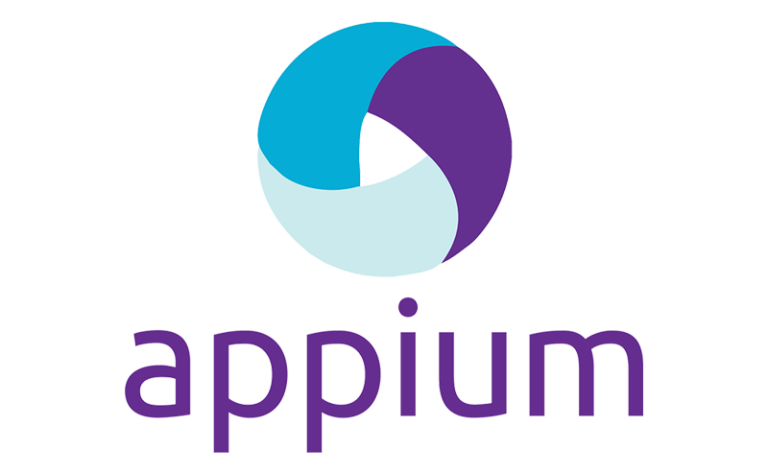Unleashing the Power of Call Tracking Metrics

Do you ever ponder over how organizations keep tabs on their telephone communication? The phone call tracking system provides a perfect answer to that query. It is a crucial instrument utilized for observing and evaluating performance, allowing businesses to gauge the efficacy of marketing strategies.
These measurements evaluate various aspects of phone calls, such as call volume, duration, quality, caller demographics, and geographic location data. Therefore, organizations can monitor trends over time and quickly pinpoint areas for improvement. Emergency call tracking systems may also generate reports to visualize data, making it easier to analyze the results.
How These Metrics Impact Sales
Almost every call tracking system has an impact on the sales process. Businesses can optimize how they interact with their callers by tracking metrics such as average call duration and conversion rates. For example, companies can adjust scripts by identifying where most people hang up or switch to another business in a conversation.
This data helps organizations identify successful marketing campaigns and tactics that drive more incoming calls. By knowing which strategies generate the most phone leads, businesses can invest in those areas to optimize their marketing budgets further.
Beyond customer acquisition, these metrics also assist with assigning internal resources effectively. Businesses can adjust their staffing levels to fulfill customer demands if there is a particular time of day or week when there is a higher call volume.
Moreover, a magic call tracking system helps to determine if sales reps devote too much time to non-sales-related calls. The ratio of inbound-to-outbound calls also provides insights into the effectiveness of specific channels in attracting new clients. So, managers may consider investing more or fewer resources and energy towards these various methods.
7 Call Center Metrics to Follow
Apart from sales, call center tracking system softwares also impact customer service by analyzing critical aspects of inbound and outbound calls. Below are seven vital metrics to follow:
- Overall Call Volume. It indicates the total number of calls during a specific period, usually daily, weekly, monthly, or yearly. It provides insight into the average workload per agent or department.
- Call Duration. These call metrics tracking measure how long agents tackle each inquiry or problem during a phone conversation. The longer calls may point toward complex issues that require a more in-depth explanation or clarification. As an agent’s efficiency improves, shorter calls with satisfactory resolutions improve customer satisfaction.
- Referral Source. It identifies the channel directing customers to your call centers, such as web links or phone directories. Understanding which channels drive traffic towards you helps leverage budget allocation.
- Customer Satisfaction. It analyzes feedback directly after each phone conversation via surveys or questionnaires. Organizations that consistently score high on this scale most likely have happier customers who are more loyal to the brand.
- Call Trends. These involve changes in overall data trends from calls logged for any given timeframe set and may show recurring patterns. Companies should tailor their operations according to these by providing relevant information at appropriate intervals.
- Call Outcome. This metric tracks the result of each call, such as successful resolutions or missed opportunities for revenue generation. Call outcome metrics inform management on areas that need improvement to drive better performance in individual calls and over time.
- Call Center Costs. It’s essential to keep track of expenses related to operating a call center continuously. Costs may include agent salaries, software tools used, and marketing funds allocated toward inbound/outbound campaigns. These costs may sometimes exceed the revenue generated if not monitored by an outbound call tracking system, leading to an unsustainable business model.
CallRail vs. Call Tracking Metrics
To unleash their full potential, companies must procure the best call tracking system. These tools provide business owners with detailed analytics that empower them to make knowledgeable decisions based on solid data analysis.
As many business owners consider instituting call tracking metrics, they might come across two popular software tools – CallRail vs Call Tracking Metrics. While both systems provide treasured insights into the performance of your business calls, they have slightly different features and capabilities. CallRail has a comprehensive dashboard that displays call volume, duration, and demographics, and the marketing channel delivers real-time leads.
On the other hand, Call Tracking Metrics focus on in-depth data analysis with more granular reporting. This system can also be customized to fit your business needs by offering call recordings, transcriptions, and missed call alerts.
So, the final decision regarding Call Tracking Metrics vs CallRail depends on your business’s specific requirements and goals.
Tips for Effective Implementation
If a business desires to remain competitive and enhance its performance, implementing such metrics is indispensable. To ensure the successful implementation of these tools, certain strategies could prove beneficial:
- Determine the Goals. To effectively deploy metrics, it is vital to establish clear objectives for their usage within an organization. Knowing KPIs you wish to monitor can improve decision-making processes.
- Choose the right tools. Various call tracking system software is available in the market, each with unique features and capabilities. Select software that meets your goals’ needs.
- Train employees adequately. The key to effective implementation is proper employee training on collecting data accurately and using it effectively for decision-making.
- Customize if necessary. Ensure that the metrics align with your specific business needs. You may need to customize them according to unique departmental goals or industry-specific requirements.
The registration and call tracking metrics login is a common process, you only need to create a username and password. Call tracking systems have proven to be essential for businesses looking to assess their effectiveness and improve overall performance. These measurements, which analyze various aspects of phone calls, such as volume and duration, play a sizeable role in the sales process by identifying weak points that need improvement.
In call centers, call tracking metrics support can significantly reduce handling times, bolster satisfaction and increase the overall effectiveness of their communication strategy. So, choose your tools wisely, train employees adequately, and customize metrics if necessary to ensure effective implementation.






